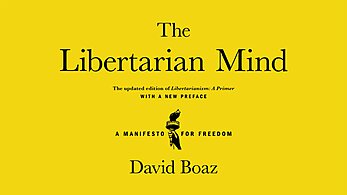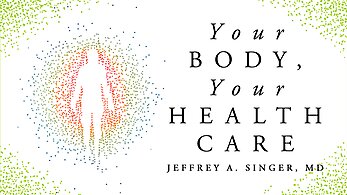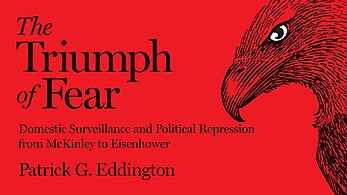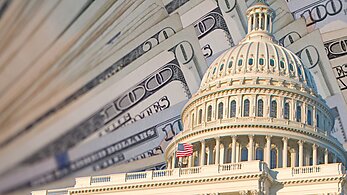Cato Quarterly
Events
The Harm-Reduction Promise of GLP-1s
GLP‑1 drugs like semaglutide (Ozempic) are known for fighting weight gain, but they may also reduce cravings for addictive drugs such as opioids or cocaine. The Food and Drug Administration inflates GLP‑1 costs and causes gray markets. Dr. Jeffrey A. Singer (far left), senior fellow at the Cato Institute, surveyed the latest research with Nicholas Reville (middle left), cofounder of the Center for Addiction Science, Policy, and Research; Sally Satel, MD (middle right), medical director at MedMark Treatment Center; and Michael F. Cannon (far right), director of health policy studies at the Cato Institute.
Understanding AI and AI Policy in 2024 and Beyond
Artificial intelligence (AI) is already transforming fields like health care, disaster response, and logistics, but a heavy-handed regulatory approach could stifle innovation and hinder AI’s development. Jennifer Huddleston (left), senior fellow at the Cato Institute, was joined by Rep. Jay Obernolte (R‑CA, right), cochair of the House Task Force on Artificial Intelligence, for a discussion about the future of AI and how policymakers should approach regulation moving forward.
Executive Orders That the Trump Administration Should Revoke or Amend
Cato experts across five policy areas joined forces to highlight which executive orders the Trump administration should revoke or amend and to encourage Congress and the courts to rein in presidents’ excessive use of this power. From left to right: Travis Fisher, director of energy and environmental policy studies; Michael F. Cannon, director of health policy studies; Alex Nowrasteh, vice president for economic and social policy studies and editor of the Cato Handbook on Executive Orders and Presidential Directives; Eric Gomez, former senior fellow in defense and foreign policy studies; and Chris Edwards, Kilts Family Chair in Fiscal Studies.
2025 College Free Speech Rankings
The Foundation for Individual Rights and Expression (FIRE) scores universities in its annual College Free Speech Rankings by assessing administrative policies, student activism, faculty perspectives on free speech, and more. Erec Smith (far left), research fellow at the Cato Institute and cofounder of the website Free Black Thought, hosted three experts from FIRE to explain their 2025 rankings. From left: Angela C. Erickson, vice president of research; Laura Beltz, director of policy reform; and Sean Stevens, chief research adviser.
The Role of Islam in Middle Eastern Statecraft
Jon Hoffman (center), a research fellow at the Cato Institute, offers fresh insight into the geopolitics of religion in the Middle East with his new book, Islam and Statecraft: Religious Soft Power in the Arab Gulf States. Along with Mustafa Akyol (right), Cato senior fellow, and Annelle Sheline (left), research fellow at the Quincy Institute for Responsible Statecraft, they explored how ruling elites in the region preserve their regimes and project power.
Publications
The Libertarian Mind
In his final interview with Free Society, David Boaz called The Libertarian Mind his “crowning accomplishment.” This revised edition encapsulates his commitment to civic life and to deliberation among free citizens of free countries. David finished the revisions to this book shortly before he passed away.
“I’m so pleased, as he would be, that this book is now available, with updated data and new and very relevant connections to the current setting.… The Libertarian Mind offers a clear vision of liberty when it is so desperately needed.”
—Tom G. Palmer, senior fellow at the Cato Institute and close friend of the late David Boaz
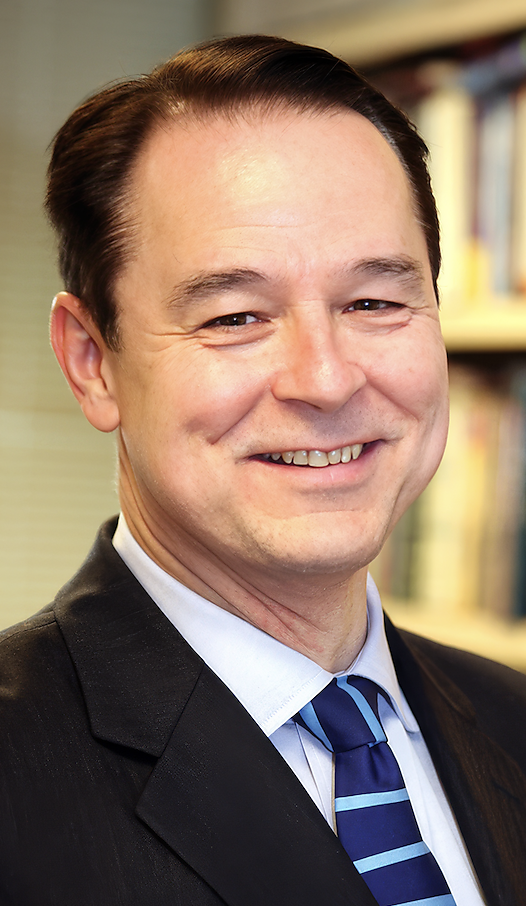
David Boaz, former executive vice president and distinguished senior fellow of the Cato Institute
Your Body, Your Health Care
Through thoughtful analysis of issues such as prescription requirements, the right to self-medicate, access to harm-reduction techniques, and licensing laws, Dr. Jeffrey A. Singer proposes a road map for reforming health care policy that prioritizes individual rights.
“Ultimately, Dr. Singer’s book provides a stark reminder that patient autonomy is still a vital ethical principle worth keeping.”
—Jay Bhattacharya, MD, PhD, professor of health policy, Stanford University
“Whether or not the reader agrees with everything that Dr. Singer writes about the regulatory state, they will be challenged to think differently and/or to defend to themselves why they disagree. If the reader is a policymaker, they may be taking notes as to legislation to propose.”
—Sen. Bill Cassidy (R‑LA), MD
The Triumph of Fear: Domestic Surveillance and Political Repression from McKinley to Eisenhower
Drawing on declassified government documents (many obtained via Freedom of Information Act lawsuits and analyzed for the first time), Patrick G. Eddington, Cato senior fellow in homeland security and civil liberties, offers surprising new revelations about how domestic spying helped fuel federal assaults on free speech and association.
“From prosecution of Americans making ‘disloyal utterances’ in the Wilson era … to the FBI’s early persecution of Martin Luther King Jr., Eddington explains how the surveillance state grew and why it lives on today.”
—Bob Goodlatte, former chairman of the House Judiciary Committee and senior policy adviser to the Project for Privacy and Surveillance Accountability
Modern Libertarianism: A Brief History of Classical Liberalism in the United States
Brian Doherty’s concise introduction is superb for the newcomer yet rich and varied enough for others interested in the tradition; it is a tribute to those who advocated the cause of individual liberty in America in the 20th century.
“Idiosyncratic personalities and eccentric ideas come alive in this book. Both fans and critics of libertarianism will walk away from it entertained and edified.”
—Matt Zwolinski, coauthor of The Individualists: Radicals, Reactionaries, and the Struggle for the Soul of Libertarianism
Featured Cato Studies
A Fiscal Agenda for the 119th Congress
Romina Boccia, director of budget and entitlement policy, and Dominik Lett, research associate, lay out the following fiscal priorities in one of their latest studies: establish clear, enforceable fiscal targets; reform entitlement programs, possibly by establishing an independent fiscal commission; pursue pro-growth, deficit-neutral tax reform; reinstate and strengthen discretionary spending caps; and allow temporary health care subsidies to expire. The 2025 fiscal cliff is an opportunity to improve the nation’s economic trajectory by tackling these issues together. Without proper action, the national debt is projected to exceed 106 percent of gross domestic product by 2027—its highest level ever, a risk we cannot take.
Human Freedom Index 2024
The United States jumped four spots to 17th in the global freedom rankings in this latest annual report, copublished by the Cato Institute and the Fraser Institute. According to 2022 data (the latest available) for 86 indicators of personal, civil, and economic freedoms, Switzerland, New Zealand, and Denmark were the three freest nations. Overall, human freedom increased slightly in 2022 but remains well below its pre-pandemic levels. The report finds a strong positive relationship between human freedom and per capita income, democracy, tolerance, charitable giving, life expectancy, and environmental health.
Featured Event
The Milton Friedman Prize for Advancing Liberty
The Milton Friedman Prize Dinner will be held on Thursday, May 1, 2025. We hope you will join us to honor Milton Friedman’s legacy and recognize our Milton Friedman Prize for Advancing Liberty recipient.

This work is licensed under a Creative Commons Attribution-NonCommercial-ShareAlike 4.0 International License.





